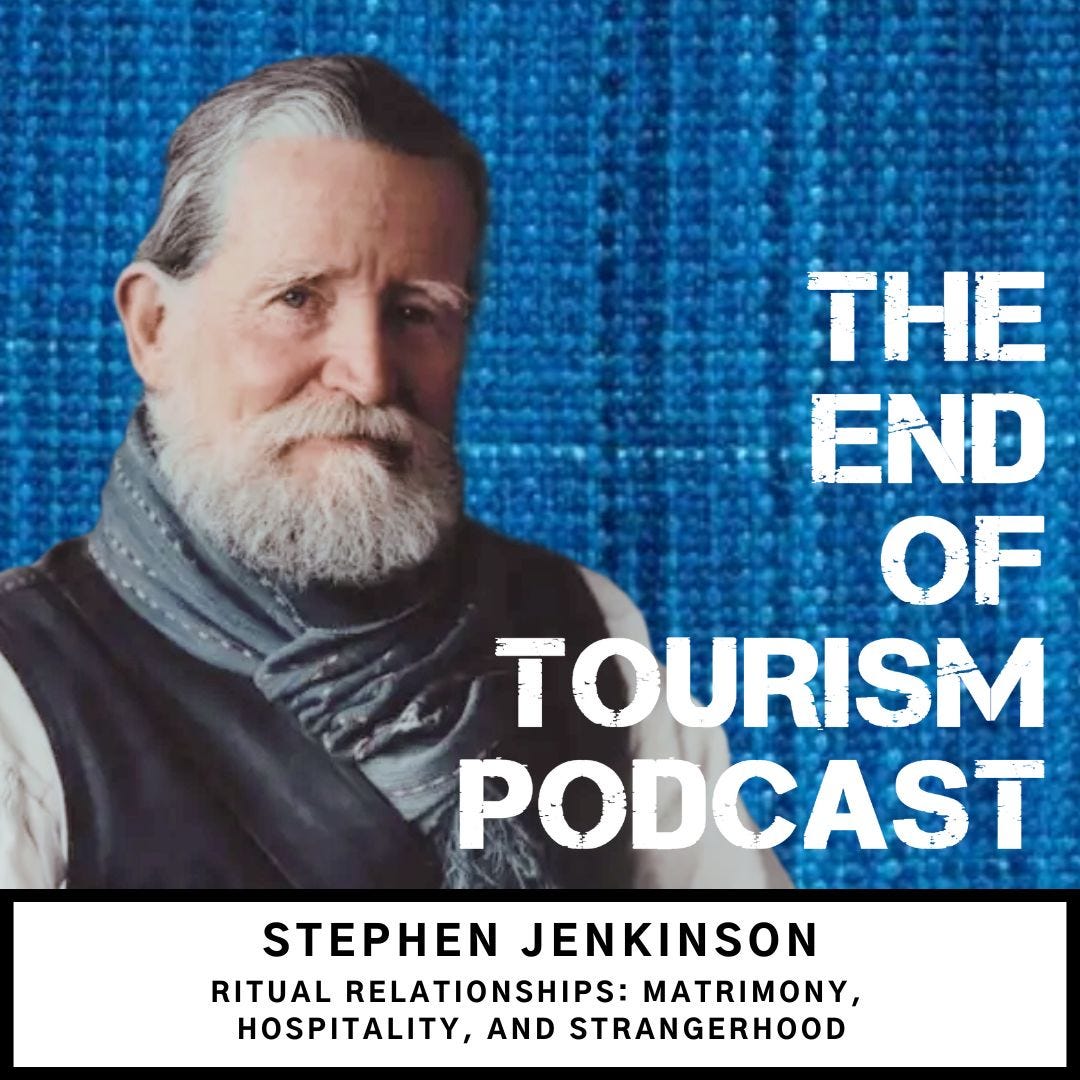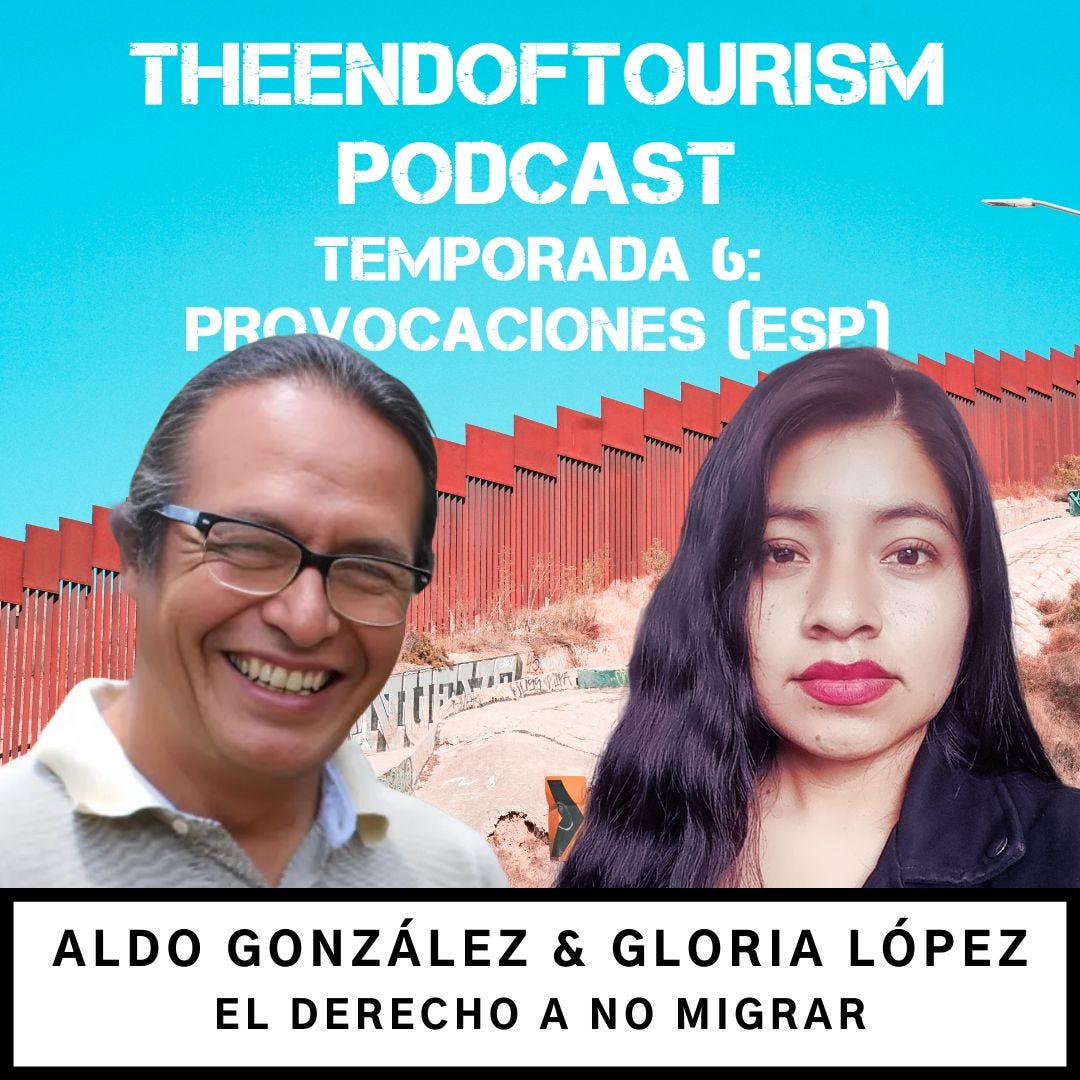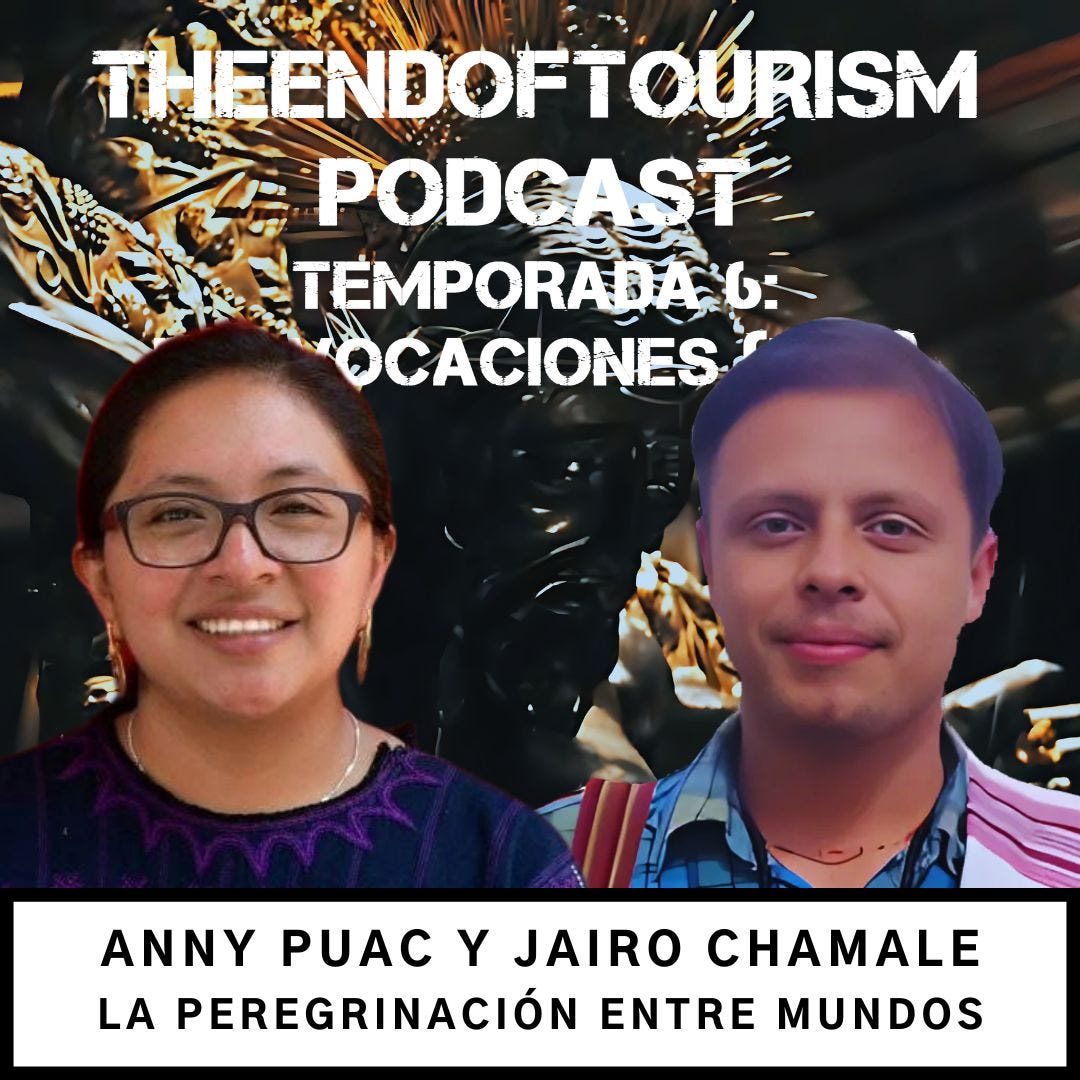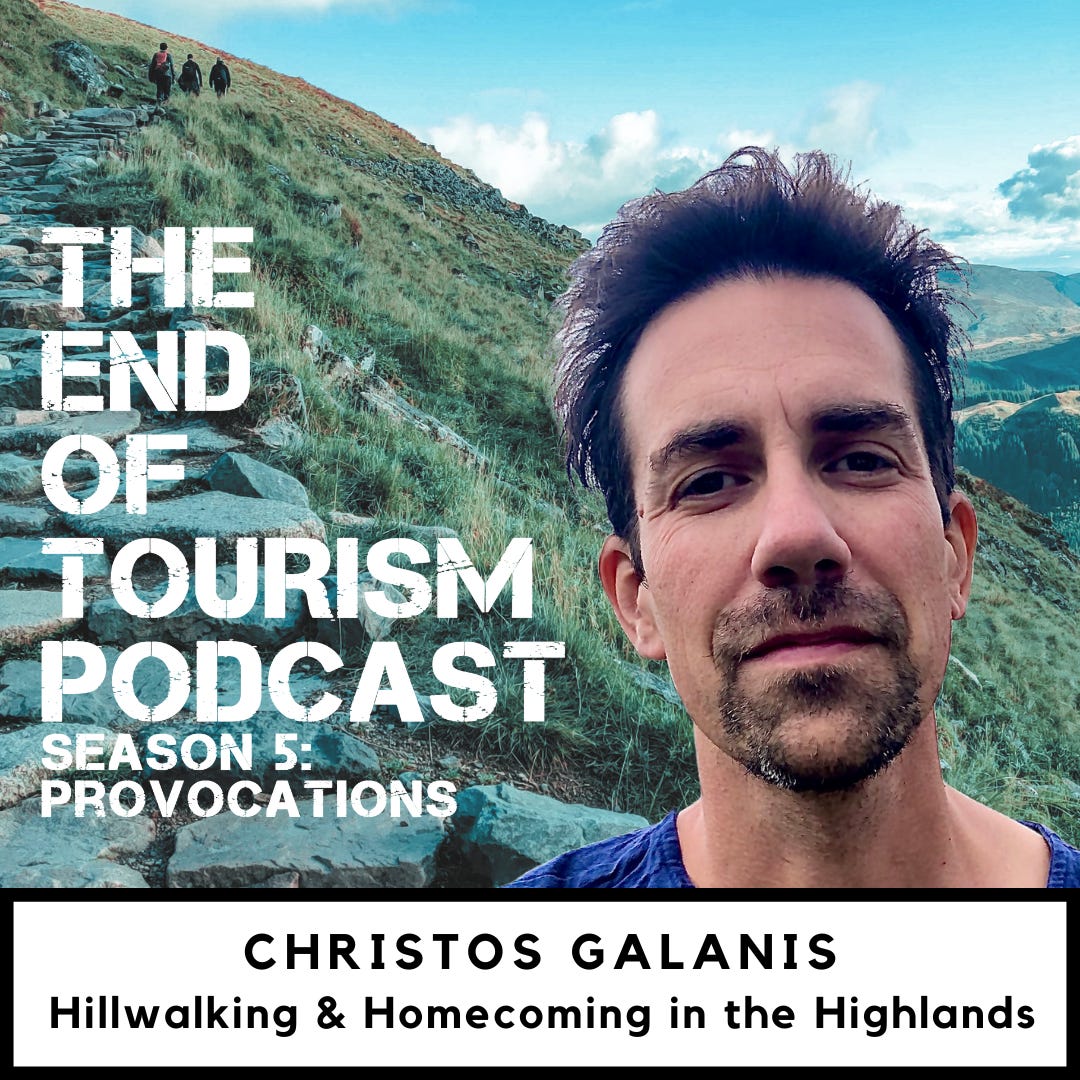Ritual Relationships: Matrimony, Hospitality and Strangerhood | Stephen Jenkinson (Orphan Wisdom)
Description
On this episode, my guest is Stephen Jenkinson, culture activist and ceremonialist advocating a handmade life and eloquence. He is an author, a storyteller, a musician, sculptor and off-grid organic farmer. Stephen is the founder/ principal instructor of the Orphan Wisdom School in Canada, co-founded with his wife Nathalie Roy in 2010. Also a sought-after workshop leader, articulating matters of the heart, human suffering, confusions through ceremony.
He is the author of several influential books, including Money and the Soul’s Desires, Die Wise: A Manifesto for Sanity and Soul (2015), Come of Age: The Case for Elderhood in a Time of Trouble (2018), A Generation’s Worth: Spirit Work While the Crisis Reigns (2021), and Reckoning (2022), co-written with Kimberly Ann Johnson. His most recent book, Matrimony: Ritual, Culture, and the Heart’s Work, was released in August 2025. He is also involved in the musical project Nights of Grief & Mystery with singer-songwriter Gregory Hoskins, which has toured across North America, Europe, Australia, and New Zealand.
Show Notes:
* The Bone House of the Orphan Wisdom Enterprise
* Matrimony: Ritual, Culture and the Heart’s Work
* The Wedding Industry
* Romantic Sameness and Psychic Withering
* The Two Tribes
* The Roots of Hospitality
* The Pompous Ending of Hospitality
* Debt, And the Estrangement of the Stranger
* More Than Human Hospitality
* The Alchemy of the Orphan Wisdom School
Homework:
Matrimony: Ritual, Culture, and the Heart’s Work | Purchase
The Scriptorium: Echoes of an Orphan Wisdom
Transcription:
Chris: This is an interview that I've been wondering about for a long time in part, because Stephen was the first person I ever interviewed for the End of Tourism Podcast. In Oaxaca, Mexico, where I live Stephen and Natalie were visiting and were incredibly, incredibly generous. Stephen, in offering his voice as a way to raise up my questions to a level that deserve to be contended with.
We spoke for about two and a half hours, if I remember correctly. And there was a lot in what you spoke to towards the second half of the interview that I think we're the first kind of iterations of the Matrimony book.
We spoke a little bit about the stranger and trade, and it was kind of startling as someone trying to offer their first interview and suddenly hearing something [00:01:00 ] that I'd never heard before from Stephen. Right. And so it was quite impressive. And I'm grateful to be here now with y'all and to get to wonder about this a little more deeply with you Stephen.
Stephen: Mm-hmm. Hmm.
Chris: This is also a special occasion for the fact that for the first time in the history of the podcast, we have a live audience among us today. Strange doings. Some scholars and some stewards and caretakers of the Orphan Wisdom enterprise. So, thank you all as well for coming tonight and being willing to listen and put your ears to this.
And so to begin, Stephen, I'm wondering if you'd be willing to let those who will be listening to this recording later on know where we're gathered in tonight?
Stephen: Well, we're in... what's the name of this township?
Nathalie: North Algona.
Stephen: North Algona township on the borders, an eastern gate [00:02:00 ] of Algonquin Park. Strangely named place, given the fact that they were the first casualties of the park being established. And we're in a place that never should have been cleared - my farm. It should never have been cleared of the talls, the white pines that were here, but the admiralty was in need back in the day. And that's what happened there. And we're in a place that the Irish immigrants who came here after the famine called "Tramore," which more or less means "good-frigging luck farming."
It doesn't technically mean that, but it absolutely means that. It actually means "sandy shore," which about covers the joint, and it's the only thing that covers the joint - would be sand. You have to import clay. Now, that's a joke in many farming places in the world, but if we wanted any clay, we'd have to bring it in and pay for the privilege.
And the farm has been in [00:03:00 ] my, my responsibility for about 25 years now, pretty close to that. And the sheep, or those of them left because the coyotes have been around for the first time in their casualty-making way... They're just out here, I'm facing the field where they're milling around.
And it's the very, very beginnings of the long cooling into cold, into frigid, which is our lot in this northern part of the hemisphere, even though it's still August, but it's clear that things have changed. And then, we're on a top of a little hill, which was the first place that I think that we may have convened a School here.
It was a tipi, which is really worked very well considering we didn't live here, so we could put it up and put it down in the same weekend. [00:04:00 ] And right on this very hill, we were, in the early days, and we've replaced that tipi with another kind of wooden structure. A lot more wood in this one.
This has been known as "The Teaching Hall" or "The Great Hall," or "The Hall" or "The Money Pit, as it was known for a little while, but it actually worked out pretty well. And it was I mean, people who've come from Scandinavia are knocked out by the kind of old-style, old-world visitation that the place seems to be to them.
And I'd never really been before I had the idea what this should look like, but I just went from a kind of ancestral memory that was knocking about, which is a little different than your preferences, you know. You have different kinds of preferences you pass through stylistically through your life, but the ones that lay claim to you are the ones that are not interested in your [00:05:00 ] preferences. They're interested in your kind of inheritance and your lineage.
So I'm more or less from the northern climes of Northern Europe, and so the place looks that way and I was lucky enough to still have my carving tools from the old days. And I've carved most of the beams and most of the posts that keep the place upright with a sort of sequence of beasts and dragons and ne'er-do-wells and very, very few humans, I think two, maybe, in the whole joint. Something like that. And then, mostly what festoons a deeply running human life is depicted here. And there's all kinds of stories, which I've never really sat down and spoken to at great length with anybody, but they're here.
And I do deeply favour the idea that one day [00:06:00 ] somebody will stumble into this field, and I suppose, upon the remains of where we sit right now, and wonder "What the hell got into somebody?" That they made this mountain of timber moldering away, and that for a while what must have been, and when they finally find the footprint of, you know, its original dimensions and sort of do the wild math and what must have been going on in this sandy field, a million miles in away from its home.
And wherever I am at that time, I'll be wondering the same thing.
Audience: Hmm.
Stephen: "What went on there?" Even though I was here for almost all of it. So, this was the home of the Orphan Wisdom School for more than a decade and still is the home of the Orphan Wisdom School, even if it's in advance, or in retreat [00:07:00 ] or in its doldrums. We'll see.
And many things besides, we've had weddings in here, which is wherein I discovered "old-order matrimony," as I've come to call it, was having its way with me in the same way that the design of the place did. And it's also a grainery for our storage of corn. Keep it up off the ground and out of the hands of the varmints, you know, for a while.
Well that's the beginning.
Chris: Hmm. Hmm. Thank you Stephen.
Stephen: Mm-hmm.
Chris: You were mentioning the tipi where the school began. I remember sleeping in there the first time I came here. Never would I have thought for a million years that I'd be sitting here with you.
Stephen: It's wild, isn't it?
Chris: 12 years later.
?: Yeah.
Chris: And so next, I'd like to do my best in part over the course of the next perhaps hour or two to congratulate you on the release of [00:08:00 ] your new book, Matrimony: Ritual, Culture, and the Heart's Work.
Stephen: Thank you.
Chris: Mm-hmm. I'm grateful to say like many others that I've received a copy and have lent my eyes to your good words, and what is really an incredible achievement.
For those who haven't had a chance to lay their eyes on it just yet, I'm wondering if you could let us in on why you wrote a book about matrimony in our time and where it stands a week out from its publication.
Stephen: Well, maybe the answer begins with the question, "why did you write a book, having done so before?" And you would imagine that the stuff that goes into writing a book, you'd think that the author has hopes for some kind of redemptive, redeeming outcome, some kind of superlative that drops out t
























